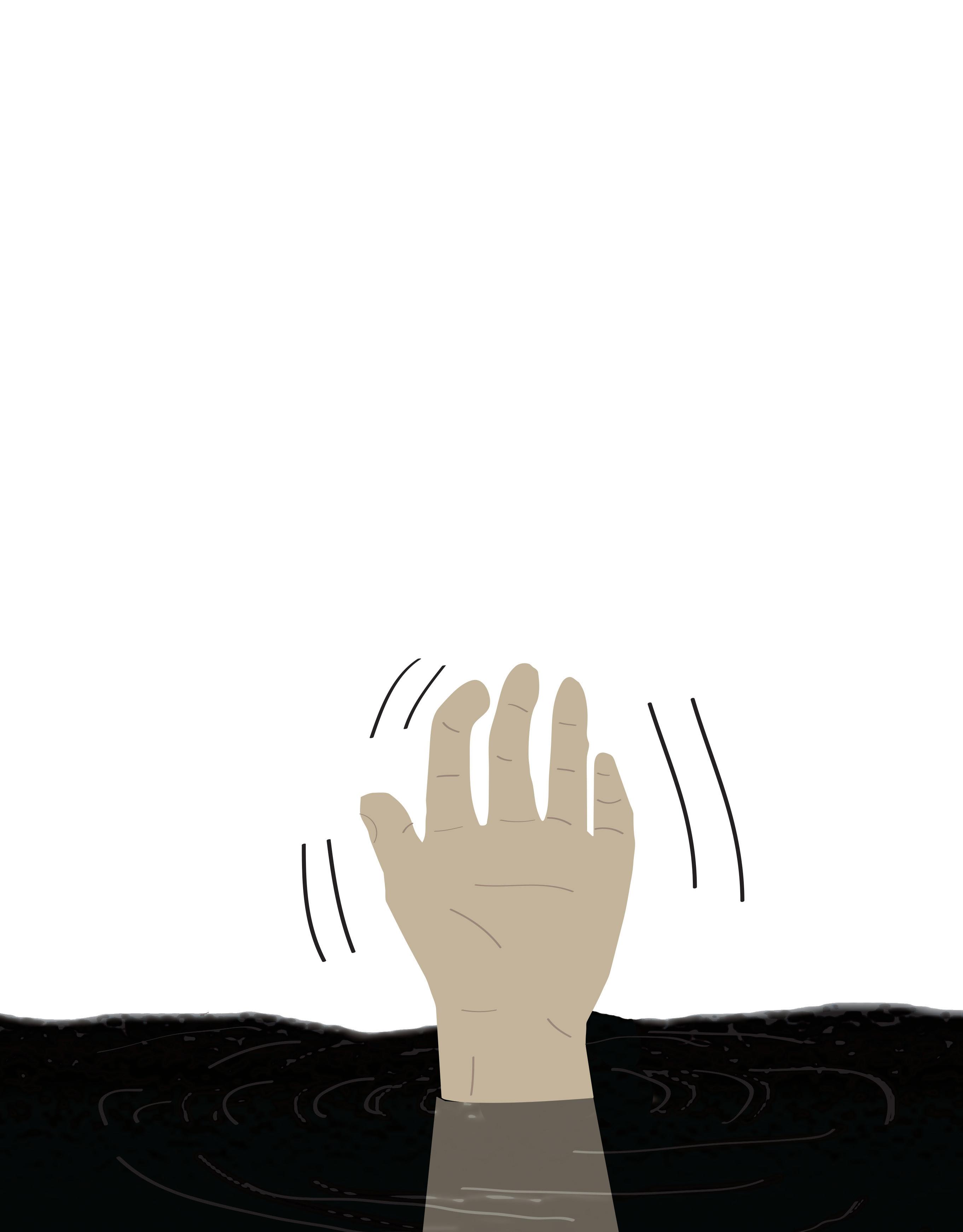
14 minute read
Freedom of Speech and Expression Following the Charlie Hebdo attack, the world is examining the freedom of expression
from February 2015
by Le Journal
Freedom of Expression Suppression
The world questions the future of free expression following recent violence and government intervention.
Advertisement
STORY AND LAYOUT BY SOPHIE NEDELCO, ELLIE SCHWARTZ AND SARAH HARRIS
live green magazine covers boasting “Je
OSuis Charlie” plastered all of Europe as 5 million copies of Charlie Hebdo sold out within hours, according to the New
York Post. Following the murders of 12 people by
Islamic jihadists over a previous issue ridiculing the Prophet Muhammad, this cover was more than another work of satire. The issue stood not only for the remains of the freedom of expression that had been so violently attacked but also for resilient liberty. Around the world, freedom of expression is limited by terrorists and governments.
While it’s almost impossible for Americans to imagine this threat extending into their own borders, west of Los Angeles in sunny Culver
City, California, they experienced just that. All it took was a blank screen and a simple message to provoke even the “Land of the Free and Home of the Brave” into questioning where to draw the line and limit freedom of expression. The computers go black. The data is downloading miles away, but the theft isn’t noticeable yet. Someone is hacking Sony. It’s a thief that can’t be identified by security cameras or witnesses; this is a thief from over 9,503 km away.
A North Korean thief. Within seconds the previously blackened screens reappear with crystal white skulls on them and a warning message saying “this is just the beginning. We’ve obtained all your internal data and warn that if Sony doesn’t obey [our] demands, [we] will release the company’s top secrets,” according to Deadline.com. The company was later faxed a message regarding their reason for their threats, the new Sony movie, “The Interview” and what they expected Sony to do with it. According to USA Today, the private message read, “Now we want you never let the movie released, distributed or leaked in any form of, for 14LE JOURNAL FEBRUARY
instance, DVD or piracy,” adding “and we want everything related to the movie, including its trailers, as well as its full version down from any website hosting them immediately.”
Although at the time of the attack North Korea hadn’t been identified as the culprit, the communist country released a statement in early June of 2014 calling the movie “an act of war and an undisguised sponsoring of terrorism.” The country also called on the United States government and the United Nations to take down the movie, according to USA Today.
After being approached with negative feedback from the beginning of making the movie, many wonder should they have published the movie knowing North Korea is hostile toward the United States and protective of their leader?
“If they know something will be horribly offensive or radically offensive I think in some cases they have a responsibility to not publish that. We are trying to create a world where there is dialogue and respect and being offensive can often detract from that,” Theology teacher Alex Hall said.
Furthermore, after the hacking made worldwide news North Korea called the attack a “righteous act,” according to BBC.com. Yet, the country continued to deny its involvement. After weeks of diagnostics on the hackings origin, the Federal Bureau of Investigation is certain it was someone in North Korea.
“[The discovery of several Internet addresses] associated with known North Korean infrastructure communicated with IP addresses that were hard-coded into the data deletion malware used in this attack,” the FBI said in an interview with BBC.
Days and weeks dragged on as the employees did work without computers, email or voicemail in fear of the hackers. Sony pulled the movie, and several of the actors and actresses in the “Interview” cancelled public appearances. The country had succumbed to the North Korean threats. America had been bullied by another country. If America let one country dictate their liberties, who is to say another won’t try?
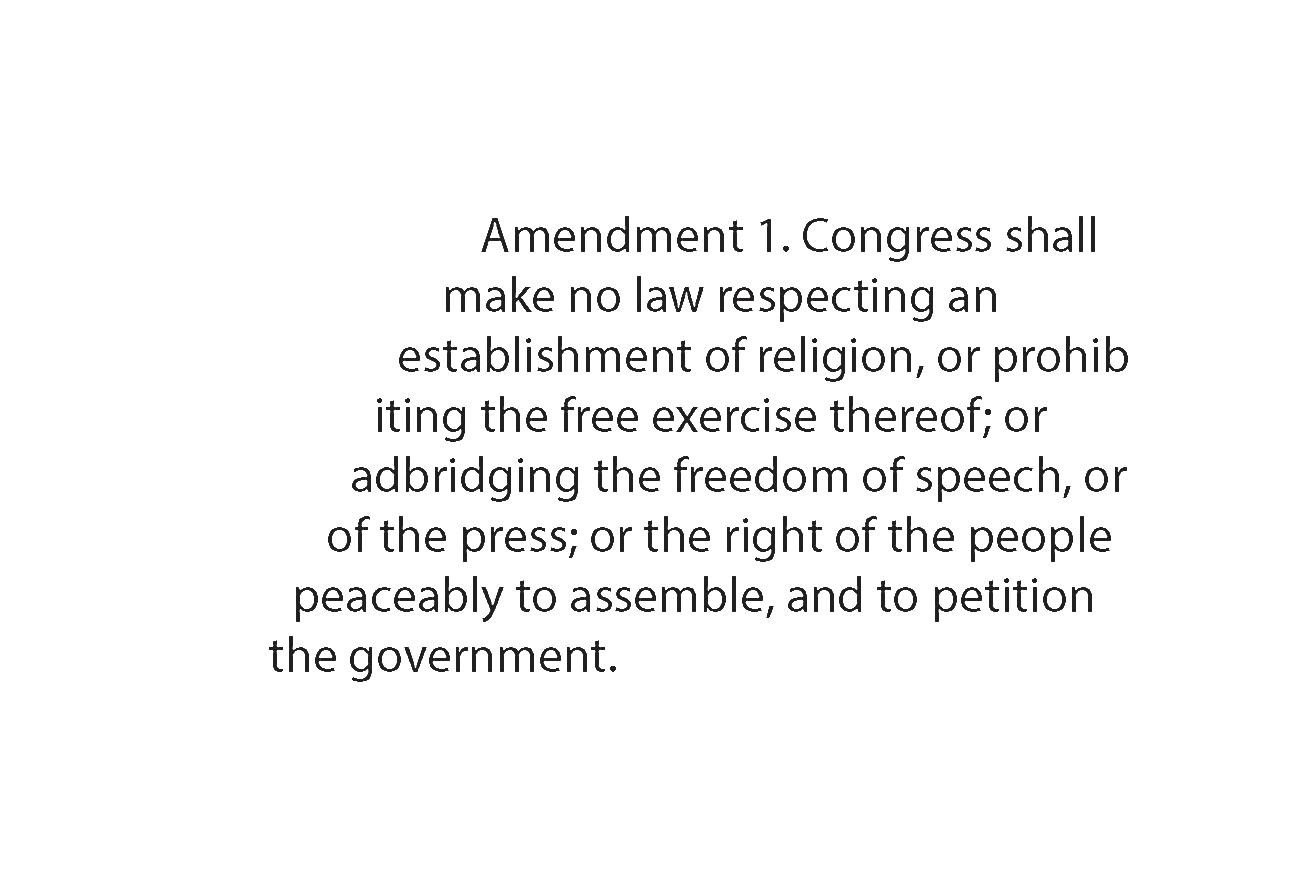
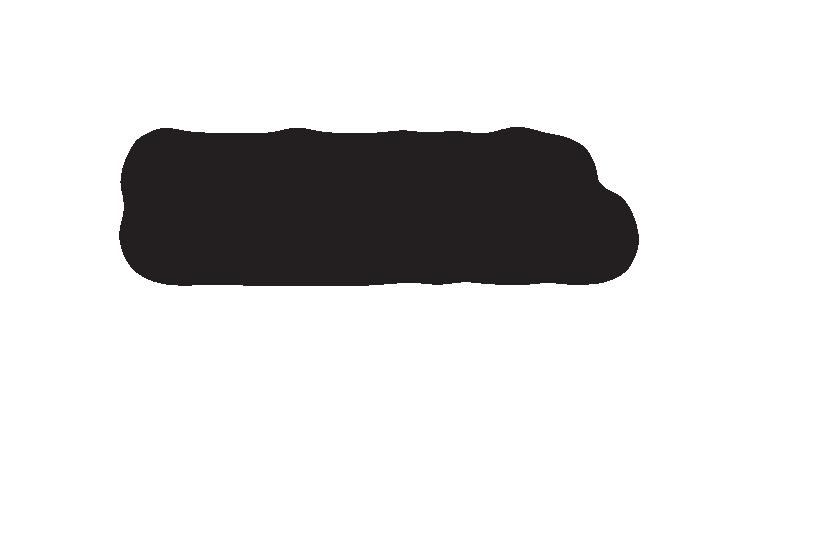


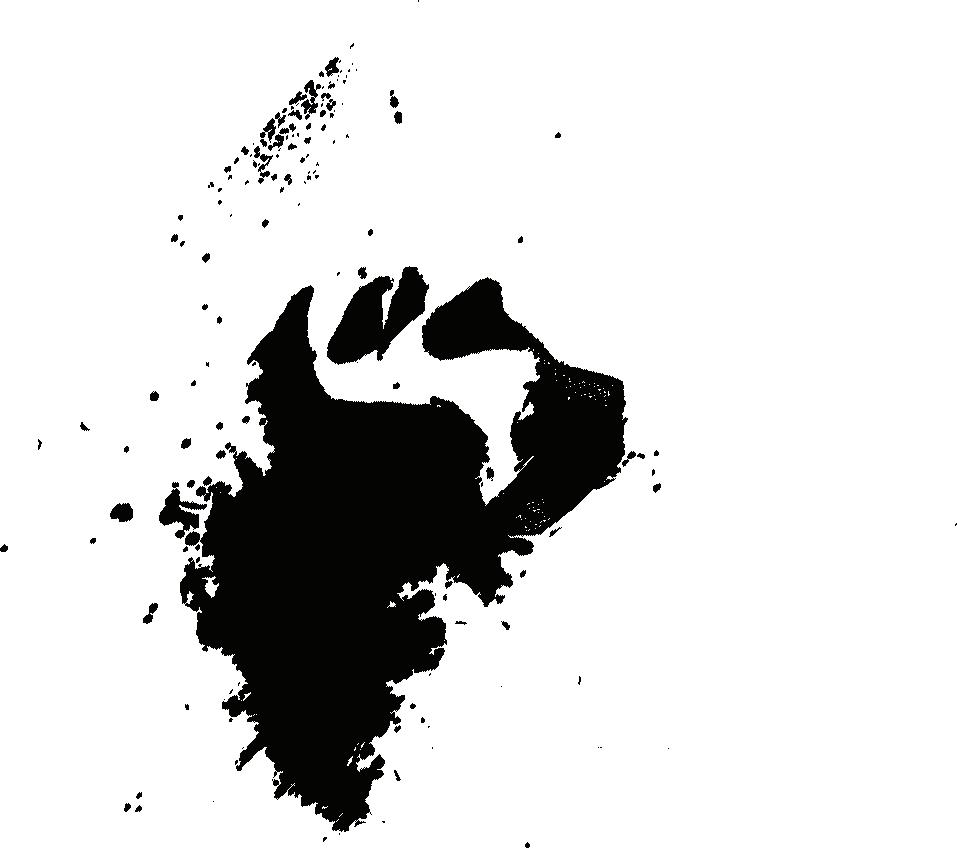

Story continued on page 16
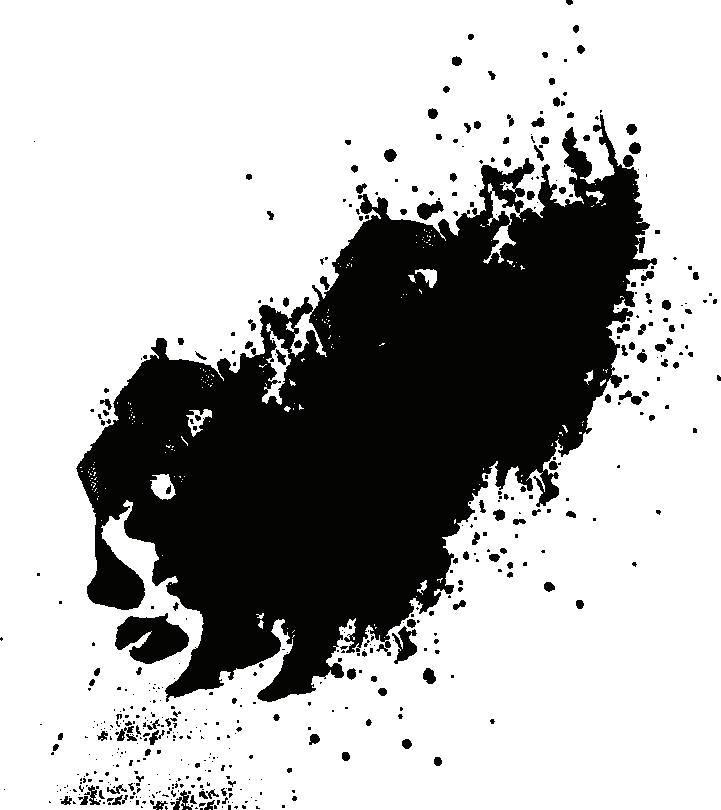
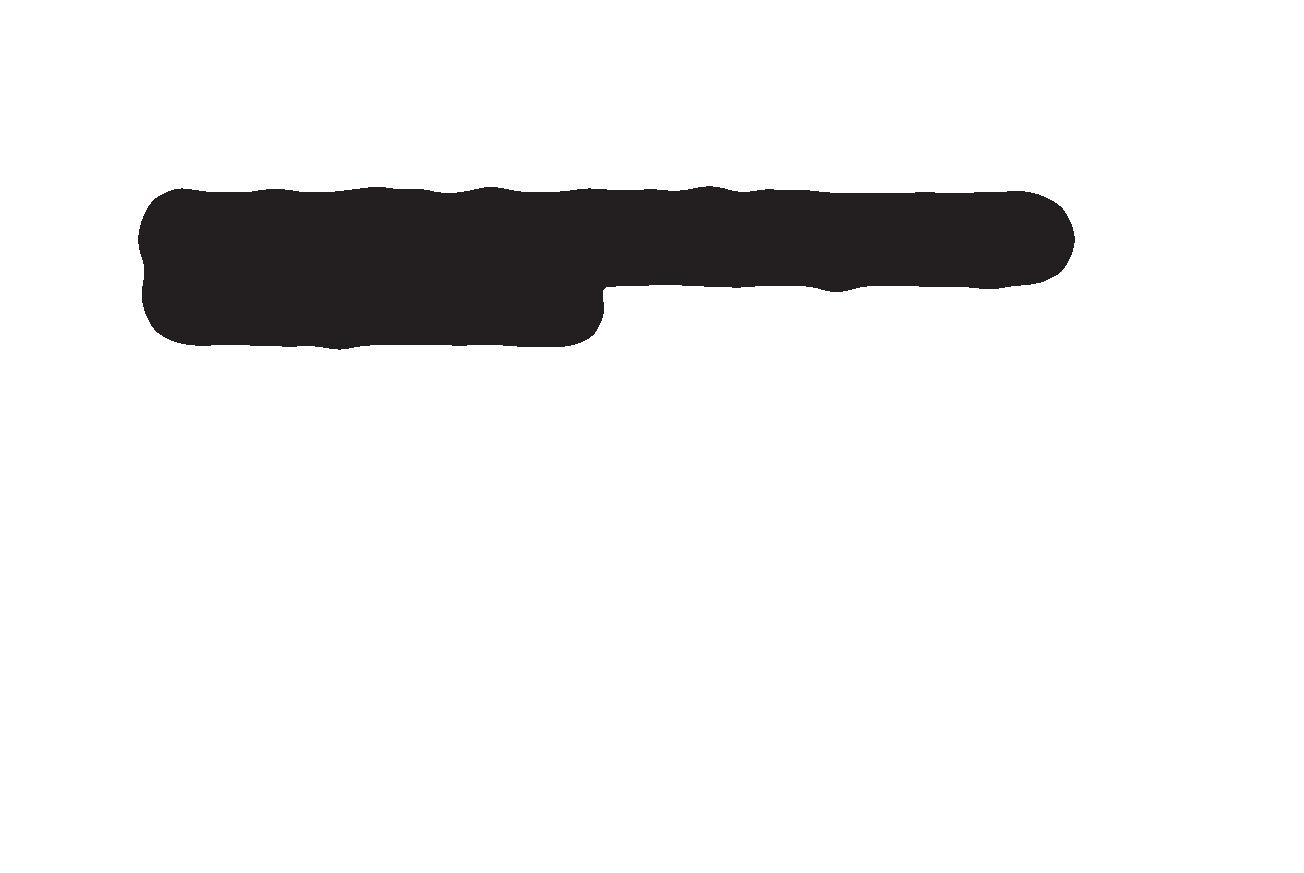

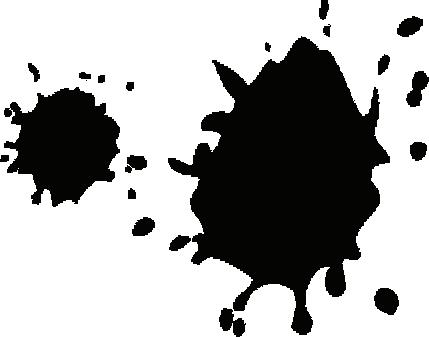









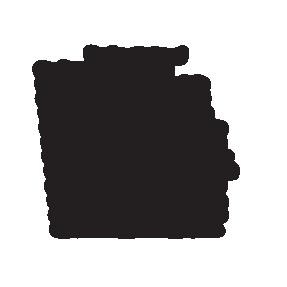

Do you believe there should be a line drawn with freedom of expression? 45% said yes
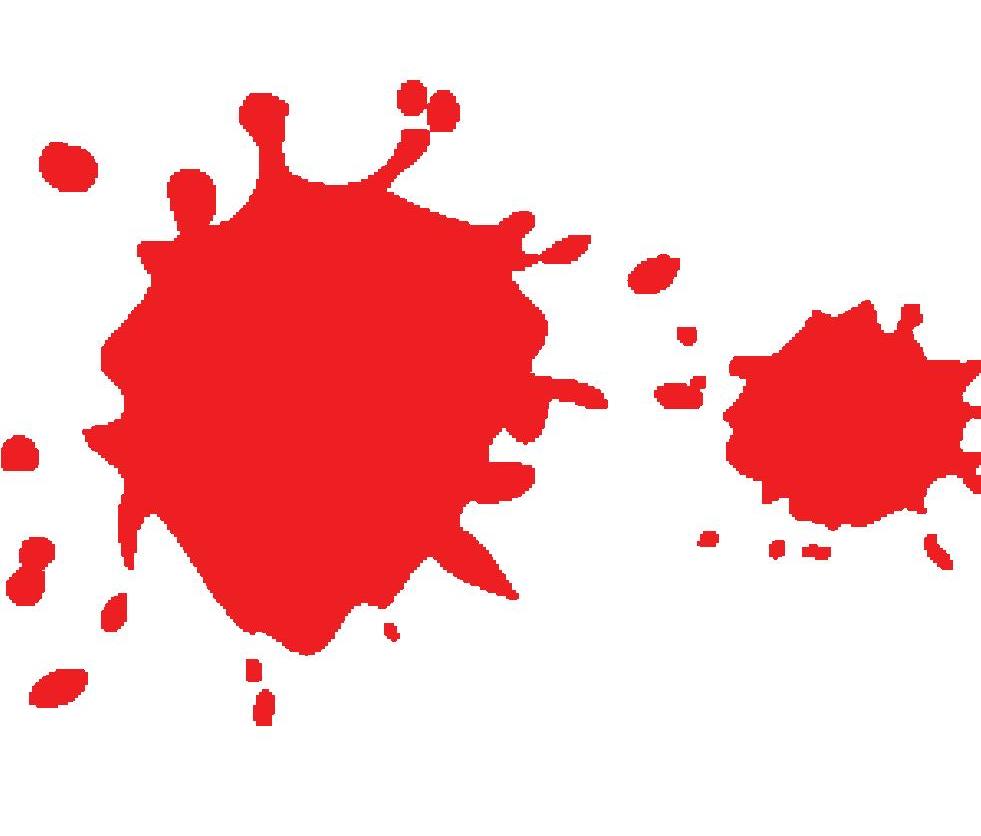
Continued from page 14 shooters, Islamic jihadists associated with the
“The whole reason we have freedom is for the Al Qaeda Yemen branch, acted in response to ability to share information. Without that how the publication’s cartoons depicting the Prophet do we know if we are free or not? And that’s what Muhammad, according to BBC News. Two more freedom is based upon, the ability to communicate days of terrorism followed, leaving a total seventeen with each other about important societal issues,” dead in Paris. First Amendment lawyer Bernie Rhodes of Lathrop Although many question whether Charlie and Gage LLC said. Hebdo should have been able to publish content
Throughout the world the surge of hate crimes offending religions, this content was completely against individuals exercising the freedom of legal in France because it did not directly cause expression is a sign. The world has transitioned into violence, according to the Economist. The freedom a new era. An era where publishing satire is risky of speech is deeply entrenched in French society. In and protesting peacefully could result in death. Yet fact, mocking tradition and religion is a tradition in in the midst of it all it seemed as though the United France, tracing its roots back to Voltaire and radical States wouldn’t be victim to the phenomenon. criticism of Catholicism, according to the Wall Many people in the United States and 85 Street Journal. percent of Sion students polled believe that there is Strong satire can effectively question the status a threat to freedom of speech throughout the world quo. but no one imagined in our own backyard. And “To some extent with satire, it’s the point then came the Sony hacking. to get people frustrated And now the Boston gag order preventing any of “The truth comes out enough so that … they have to think about underlying Boston’s city employees the right to say anything bad when you have a free assumptions and basic principles,” Hall said. about its 2024 Olympic bid. “That is the government marketplace Just as Charbonnier’s secularist message was trying to tell people what to do and I believe that of ideas.” offensive yet ingrained in his publication, so too is the law will be struck down as -history teacher Mary Murphy freedom to use blasphemous unconstitutional,” Rhodes and insulting messages to said. criticize religion ingrained
Although the Sony hacking and the new in France. Is the death of limitless freedom of Boston gag order about the Olympic submission speech inevitable as well then? didn’t result in violence, they are little reminders Millions took the streets protesting the attack that no country, society or global superpower can with the slogan, “Je suis Charlie.” Airlines passed escape the new wave of terror on the freedom of out the controversial post-attack cover. More and expression. more were printed as demand grew exponentially
Across the Atlantic Ocean, terrorists proved following the attack, according to BBC News. that this wave is crashing upon the shores of The masses stood with Charlie, many of whom Europe and more specifically, France, a nation with disagreed with its content personally. a rich history of satire and freedom of speech. But “Would I make those points in the way [Charlie this wave was not gentle. With this wave, tragedy Hebdo] would? No. I would like to see them be and death descended upon France and the rest of less provocative, but having seen that provocative the world. speech and the world support it can only be good,”
Death was inevitable for Charlie Hebdo editor European history teacher Mary Murphy said. “The Stephane Charbonnier, but not a natural death. He truth comes out when you have a free marketplace knew it was only a matter of time before he would of ideas.” die for expressing his secularist ideals and cartoons, However, many, while opposing violence according to girlfriend Jeannette Bougrab in an to combat offensive remarks, argued that there interview with French TV station BFMTV. should be limits to free speech. The Pope spoke
After a bombing on Charlie Hebdo offices in against insulting religion, according to CBS News. 2011 and threats on his life since then, Charbonnier In general, some argued against what they see as continued to publish cartoons criticizing and Charlie Hebdo’s purpose to offend, as explained by mocking religion despite predicting continued the Express Tribune. In the Muslim community, threats and violence against him. some disapproved of depicting the Prophet
The expected violence arrived on Jan. 7 as Muhammad in cartoons. brothers Cherif and Said Kouachi opened fire at a “There’s certain things you shouldn’t depict Charlie Hebdo press conference in the Paris office, in cartoons, like the Prophet,” freshman Loulya killing 12 people, including three policemen. The Alabed said. “They shouldn’t overdo it, but they
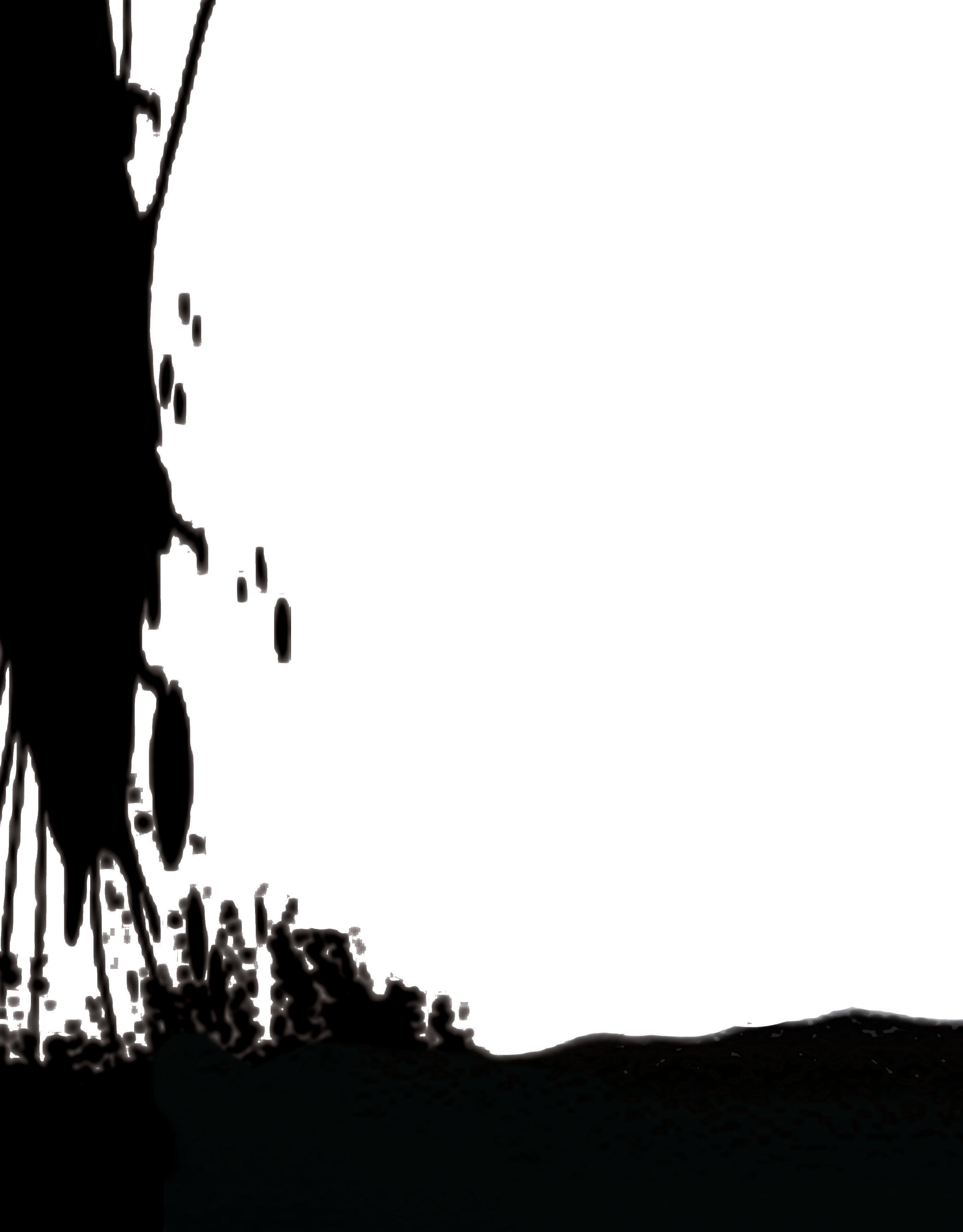
Do you believe there is a threat on freedom of expression throughout the world today? 85% said yes 274 students were polled.

also shouldn’t limit what people can say. You have to be respectful of other religions.”
A third stance pointed out the irony in France’s response to the attacks. Fifty four people have been arrested for defending terrorism since the attacks, and France plans on expanding its surveillance and phone tapping procedures in the near future. France has the strictest anti-Semitism laws in Europe following World War II, according to Al Jazeera America, persecuting hate speech directed at Jews, yet protecting Charlie Hebdo’s anti-Muslim and anti-Christian sentiments.
Perhaps the government itself and the general climate of Europe, verging on Islamaphobic at times, are contributing to the decline of free expression.
“Muslims’ experiences in European countries is often one of second-class citizenry. This and other factors contribute to a general feeling of isolation and disenfranchisement,” Director of the Center for Terrorism & Security Studies at the University of Massachusetts, Lowell, John G. Horgan said in an email. “Those contribute to radicalization.”
With tensions and prejudice on the rise, mocking Islam can be seen as fanning the flames, inflating the hate against Muslims that can potentially lead to conflict. In turn, the cultural makeup can be used as evidence to limit hate speech. Should freedom of expression change over time and differ across borders?
Increasing Islamophobia in Europe, government intervention, and general disapproval of hateful speech threaten free speech. The extent of this threat, whether it means the unavoidable limit of free speech, is unclear, but it’s already taken its toll on Belgium, limiting freedom of expression. A short car drive from Paris is all it takes to arrive there.
Crossing the border into Belgium, the drive ends as the car slams on its brakes, stopping at the edge of the boundaries of free speech. The edge is high above a pit. A pit that has engulfed far too many. A pit that has swallowed over 350 young Belgian Muslims and recruited them for terrorist organizations in Syria, according to The Washington Post. But that same pit void of the freedom of expression has also swallowed the 11 million innocent citizens of Belgium, and the 740 million citizens of Europe.
It is the pit of Islamophobia. It is the pit of fear of the “other” where freedom of expression goes to waste. In the pit, everyone is the perpetrator and everyone is the victim.
Within the days following the attacks in Paris leaving 17 dead, governments across the world were on high alert as plotted terror raids became evident. In Belgium, 13 jihadists were arrested after the discovery of a planned attack on police officers. Along with these jihadists, 46 other extremists were accused of aiding Sharia4Belgium, a terrorist organization that has been held responsible for funneling young Muslims to Syria, according to The Washington Post.
But, of all countries, why does Belgium have the highest number per capita of jihadist recruits? The answer lies in the divide.
In Belgium, there is a line. A line separating the Dutch speaking North and the French speaking South, according to The Guardian. And not only must Belgians deal with this divide but also adhere to laws such as the 2011 law that banned any garments that obscure one’s public identity, effectively discriminating against Muslims that wear the full-face veil. The coherence of “country” means little to the people that inhabit these regions, and the coherence of terms like “freedom of expression” mean even less.
In its past, Belgium has never been effective in assimilating immigrant groups such as Muslims. This, according to The Washington Post, may be one of the driving factors in the reason young Muslims are turning to radical extremist groups like Sharia4Belgium.
“People have different opinions about the world around them and their place within it,” James Forest, professor and director of the Security Studies graduate degree program at the University of Massachusetts, Lowell, said in an email. “Radicalization is a process that is informed by those opinions and influenced by other people, some of whom promote an extremist ideology.”
The worldview that young Belgian Muslims, for example, have as a result of governmental suppression of expression is one where free expression is non-existent, and they feel unaccepted and out of place. In Belgium, they are nobody. But in Syria, where they are given an identity and a purpose, they are somebody. Around Europe other Muslims and ethnic groups are dealing with similar prejudices and the resulting choices. Many believe these are the only options: stay and continue to feel exiled or seek acceptance in terrorist groups.
“People turn to extremist groups when they feel they don’t have a voice,” Horgan said. “Governments have to reduce that sense, and increase opportunities for all communities.”
Increased security measures have been taken throughout Europe, but according to The Washington Post, Muslim communities in Belgium are asking that more long-term measures be put into place in order to better integrate immigrant communities to help prevent more terrorism.
However, excuses cannot be made for terrorism. We cannot blame a whole society for the criminal decisions of a few. But as for the lack of freedom of expression, this is a fault of everyone. Everyone has fallen into the pit and contributed to discrimination and oppression.
When society draws the wrong line for freedom of expression, and when peoples’ voices are completely eliminated, what will happen? No one will be there to pull them out of the pit and speak up for their silence.
Therefore, free speech advocates must stand up against this resistance before it’s too late. Out of the recent violence, motives have been questioned and issues have been raised. Issues that are now vulnerable for the world to see. Issues that are no longer concealed behind country borders.
Every country has its own fight to protect the freedom of expression. The millions of protesters across the globe that supported “Je Suis Charlie” joined this fight. A fight to defend the right to express controversial opinions. “The ‘Je Suis Charlie’ protests are beautiful. The whole world is supporting France,” junior Michaela Elsbernd said. “It is helping people speak their minds, and giving them courage in the face of terrorism.”
